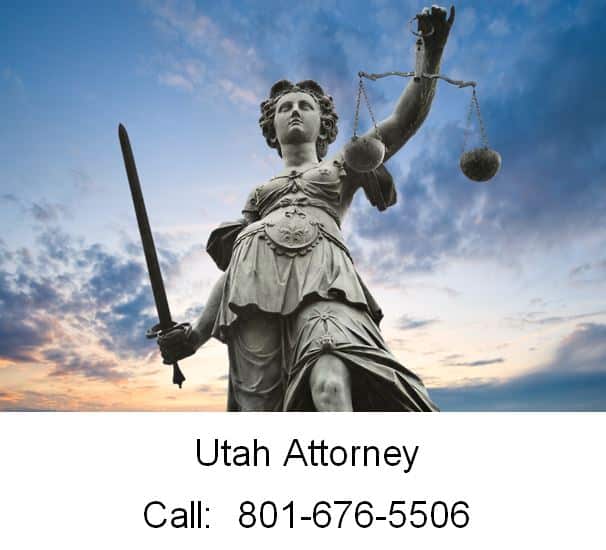
A Creditor to you is someone you owe money to. If you owe someone else money, you are their debtor.
When a business’s customer fails to pay his or her debts, the business (as a “creditor” to which the debt is owed) has several available remedies to help collect the money from the customer (as “debtor”). These methods include remedies that do not require court involvement (called “self-help” remedies), and remedies that do involve the courts, discussed in more detail below.
Many creditors’ first attempts at debt collection do not involve the courts. The creditor may simply contact the debtor directly and demand payment. If these attempts fail, the creditor may transfer the debtor’s account to another business whose focus is debt collection. The practices of these debt collection agencies are regulated in order to avoid abuses. For instance, the Fair Debt Collection Practices Act (FDCPA) prescribes how, when, and where debtors may be contacted, and prohibits deceptive practices. If a debt collector violates the act, the debtor may be entitled to recover damages. The FDCPA applies only to persons who regularly collect debts owed to someone else, but not to creditors collecting their own debts.
A secured transaction is the sale or loan transaction in which the debtor gives the creditor a claim to the debtor’s property in order to ensure payment of the debt. This should be done via a UCC-1 filing in Utah. A secured creditor takes priority over an unsecured creditor if there are competing claims to the property or to the proceeds from the sale of the property. To attain this higher status, however, the creditor must “perfect” its security interest, usually by filing certain required documents. Most consumer transactions are unsecured, but home and motor-vehicle financing usually is secured by the property being purchased. If a car loan is secured and the debtor fails to make the payments, the lender can take back the car in order to cover at least part of the remaining debt. Sometimes, a creditor will initiate court proceedings in order to collect on a debt. In cases involving emergencies, the creditor may be able to seize the debtor’s property even before the court decides the matter. These are extraordinary measures, however, and should be employed only when other methods would be futile or useless, such as when perishable goods are involved, or when the collateral, if left in the debtor’s control, would rapidly decline in value.
Writ of Replevin
Two of the more common pre-judgment remedies are replevin and attachment, which is similar to garnishment. In a replevin action, a creditor that holds title to property that is the subject of a debt may take that property back if the debt is not repaid. A lessor of furniture, for example, may be able to take back its property if the lease payments are not made, but often notice and hearing requirements must be met before that can happen. These requirements may be waived if the property is in imminent danger of destruction, or under other exceptional circumstances. Ordinarily, the county sheriff must execute the order of replevin, seize the property, and deliver it to the creditor. Attachment is a procedure set forth in state statutes, and the particular details vary from state to state. In an attachment proceeding there is usually a court hearing, after which the court issues an order authorizing the creditor to take the debtor’s property or title to the property. Like replevin, attachment is available in only extraordinary cases, such as when the debtor is about to dispose of the property.
Lawsuits
If all of the remedies described above fail, the creditor can sue to collect the debt. The creditor will be entitled to an enforceable judgment if it proves its case or if the debtor fails to contest the claim.
Once a judgment is obtained, the creditor can enforce the judgment by claiming enough of the debtor’s property to cover the debt, usually with the assistance of the local sheriff. The sheriff may actually take the property, or will record the creditor’s lien against the property, such as when real estate is involved. The sheriff can arrange for a sale of the property, the proceeds of which are used to satisfy the debt. Often, more than one creditor is involved and they will be paid in a particular order of priority, which is usually based on the order in which the creditors established their legal claims to the property.
Liens
A lien is another type of legal claim to the debtor’s property that helps ensure debt repayment. There are several types of liens. A Judgment Lien can arise if a creditor goes to court to collect on a debt and proves its case, or the debtor fails to contest the matter. The court will order a judgment in the creditor’s favor in the amount owed to it by the debtor, and the creditor then has a lien against the debtor’s property in the amount of the judgment. A mechanics liens: These are two examples of this type of property interest that ensures the creditors’ recovery. A creditor with a lien on the debtor’s property may in certain circumstances foreclose on the lien and sell the property to satisfy the debt.
Debt Lawyer Free Consultation
When you need legal help as a creditor or debtor, please call Ascent Law for your free business law consultation (801) 676-5506. We want to help you.
8833 S. Redwood Road, Suite C
West Jordan, Utah
84088 United States
Telephone: (801) 676-5506
Recent Posts
Divorce Law and Children of Wealthy Parents
Remarriage and Alimony in Utah
How Do Creditors Serve You?https://t.co/YDAk0y1g8a
— Tim Cella (@TimCella2) October 10, 2022

